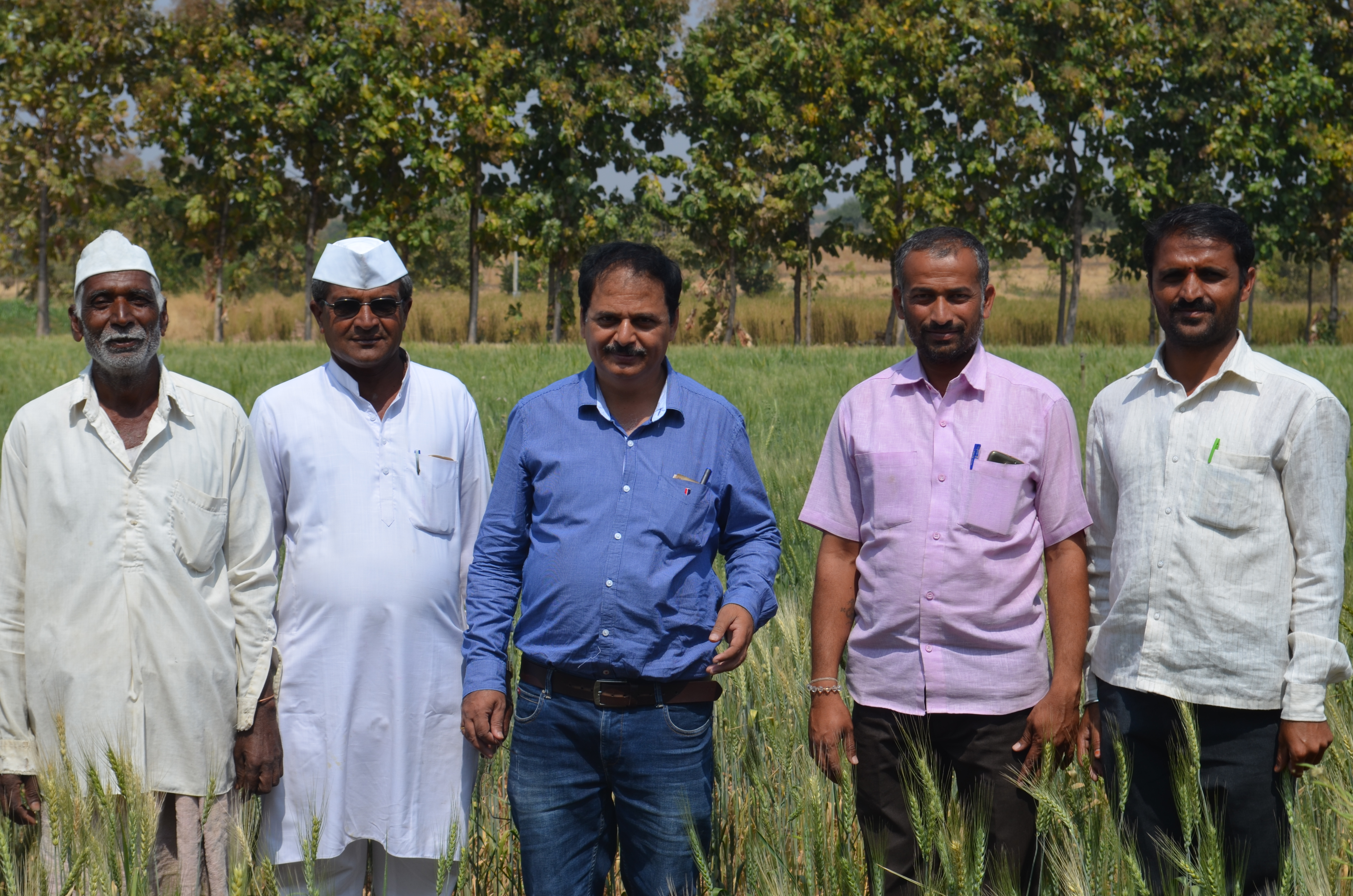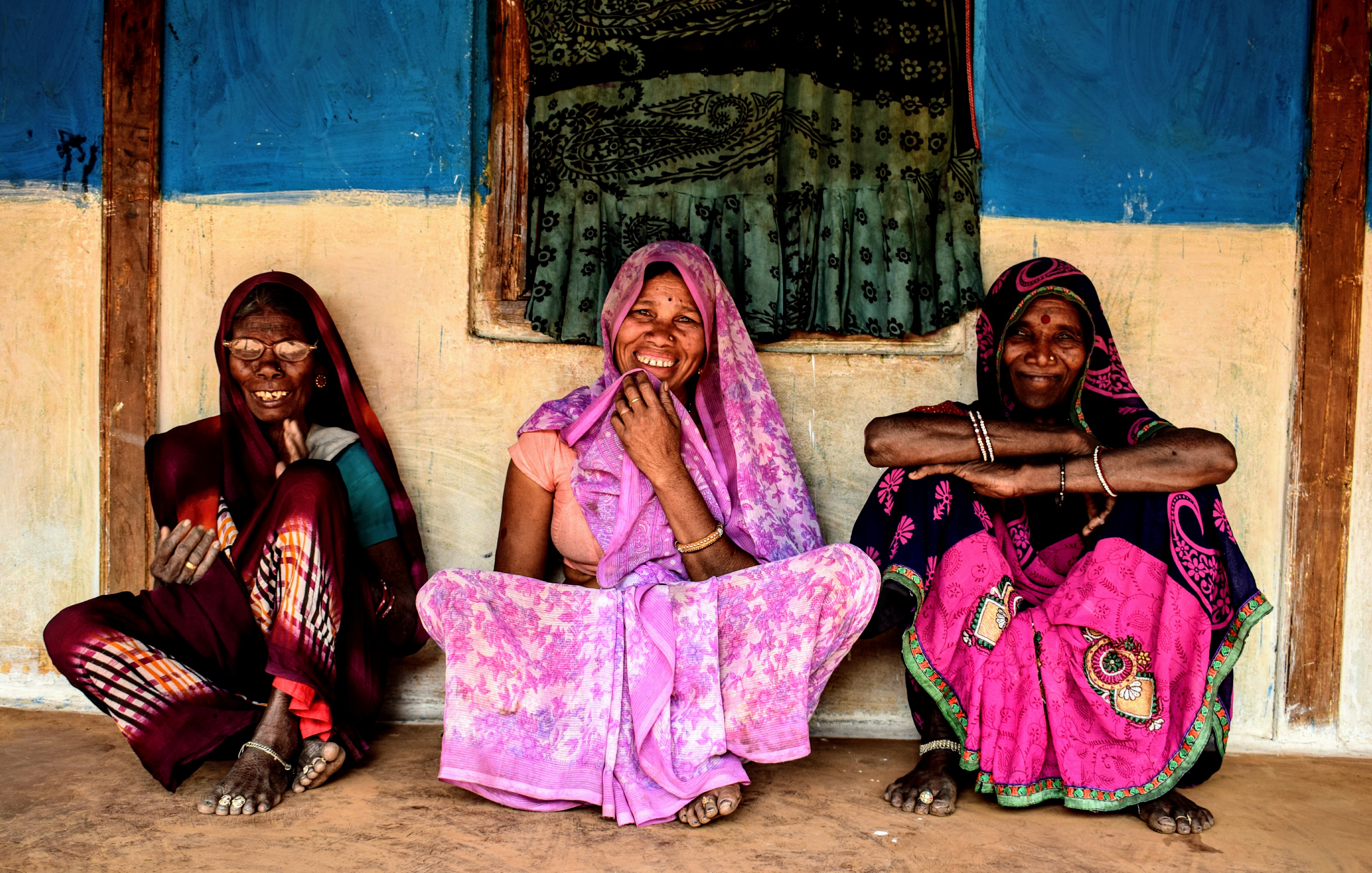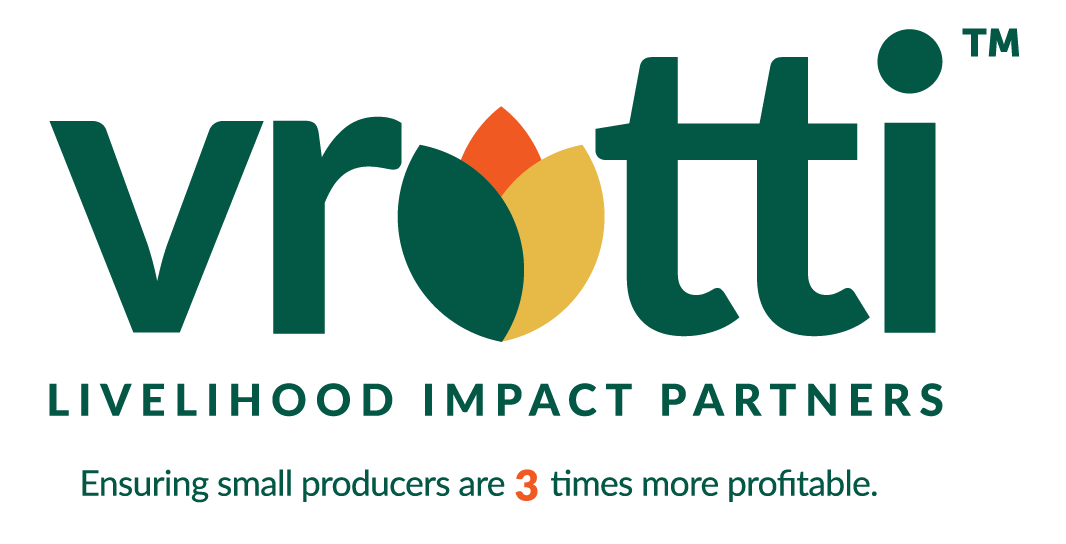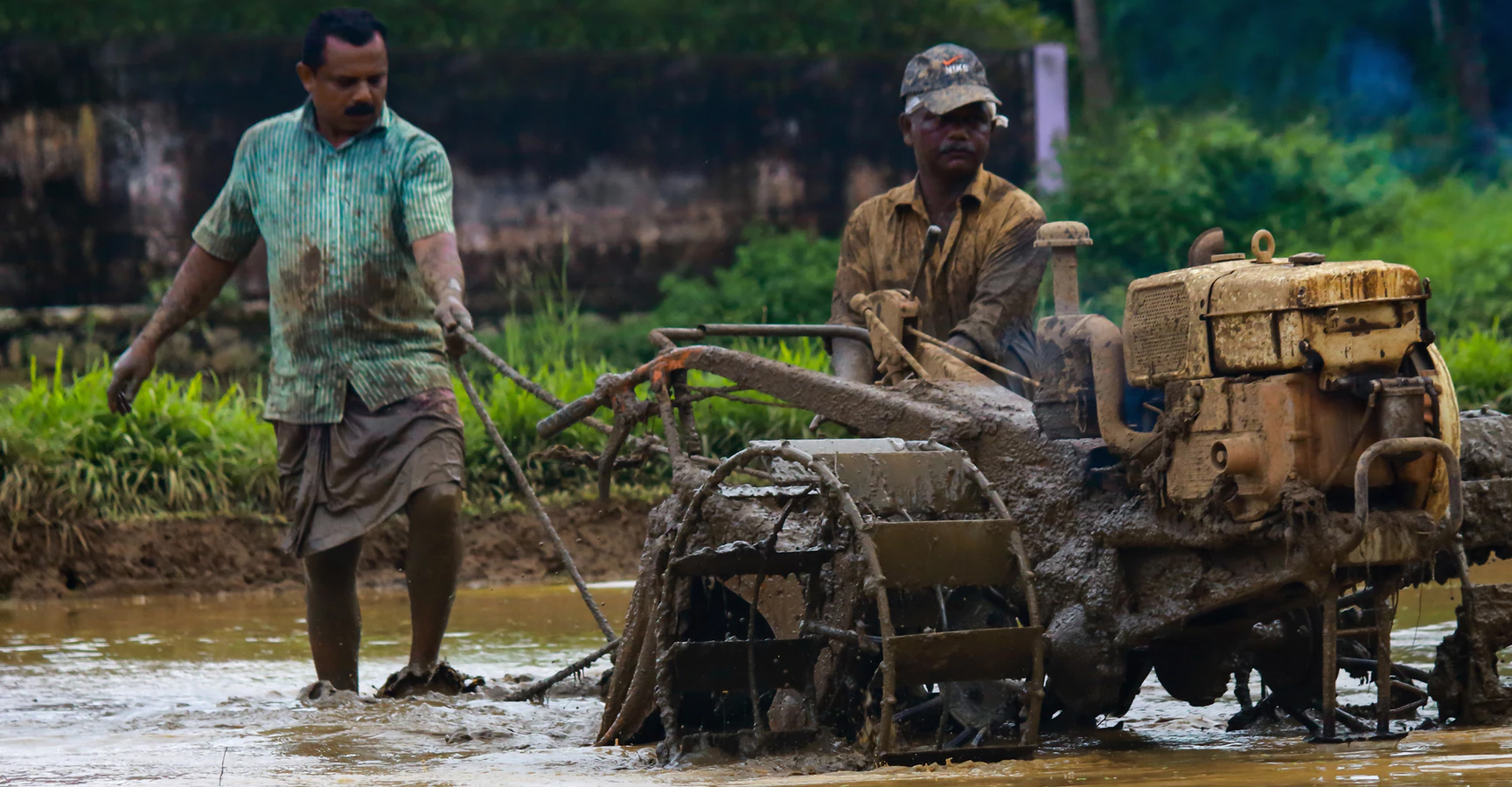About Us
 Vrutti was ideated in 2002 by two graduates from the Institute of Rural Management Anand We are committed to find solutions to end poverty, marginalisation and create wealth and build resilience for small producers. As social entrepreneurs, we pursue problem solving with entrepreneurial zeal, business acumen, courage to innovate, and consistently challenge traditional practices. To us, scale is about reach and impact at the community – the depth and breadth of our contributions to change (at individual producer, ecosystem and national levels) and sustainability of benefits. Our solutions are modelled to take us to the scale. We are not satisfied with localised and limited interventions. We therefore ‘model’ our approaches, ‘cost’ them, and ‘integrate’ them to be adopted by communities or market or public policy. We are passionate about unbiased measurement, self-critique and learning. We work through result-based planning tools, performance measurement metrics, impact and value for money assessments and use technology as augmenter.
Vrutti was ideated in 2002 by two graduates from the Institute of Rural Management Anand We are committed to find solutions to end poverty, marginalisation and create wealth and build resilience for small producers. As social entrepreneurs, we pursue problem solving with entrepreneurial zeal, business acumen, courage to innovate, and consistently challenge traditional practices. To us, scale is about reach and impact at the community – the depth and breadth of our contributions to change (at individual producer, ecosystem and national levels) and sustainability of benefits. Our solutions are modelled to take us to the scale. We are not satisfied with localised and limited interventions. We therefore ‘model’ our approaches, ‘cost’ them, and ‘integrate’ them to be adopted by communities or market or public policy. We are passionate about unbiased measurement, self-critique and learning. We work through result-based planning tools, performance measurement metrics, impact and value for money assessments and use technology as augmenter.
Vision
Enhancing people’s wellbeing through knowledge, innovations and transformative actions.
Our Mission
Building the wealth and resilience of small producers and vulnerable communities through transformative livelihoods solutions.
Why are we here
- We are here as there are a number of societal problems such as poverty and inequity, marginalization and vulnerabilities, low capabilities and lack of voice of people that persist and grow!
- Solutions exists but are isolated, verticalised, and hardly converge to create lasting impact. We are enablers and system integrators and we integrate solutions
- As social entrepreneurs we are well placed to facilitate solutions
What we believe in
- We strongly believe that ‘Sustainable Livelihood Approaches’ can be a great lever to address poverty, marginalization and inclusive development
- People first – All our work starts with ‘empathy-led design’ with people and their issues at the centre – distinct from technical/ scientific design
- DNA of any sustainable change and transformation requires integration of four key ecosystem elements – capacity of the communities, efficiency of the market, reach of the facilitators and power of the state
- We impose constraints on ourselves, compelling us to be creative.
- Uncompromising compassion, affordable excellence, sustenance of support are non-negotiable principles of our engagements
- We are passionate about measurement, critiquing ourselves and improve… There is always a healthy impatience for success!
- We believe in the innate capacity of all people to contribute meaningfully to development and generating and facilitating shared value is critical
The Genesis
It started with data! An evaluation by CMS- Social Impact Specialists of a tribal livelihoods initiative for the State Planning Commission of Madhya Pradesh found that agriculture as a livelihood option was unproductive for small holder tribal farmers; leaving them without a profitable livelihood option. We, at Vrutti, unpacked the situation further – understanding on the whys and hows through data.
 Through our research, we saw that small farmers focused first on their own subsistence needs, not as an enterprise. Any extension support or knowledge enhancement they received, was geared towards improving productivity and yields, and not for improving profitability and ensuring that their livelihoods were sustainable.
Through our research, we saw that small farmers focused first on their own subsistence needs, not as an enterprise. Any extension support or knowledge enhancement they received, was geared towards improving productivity and yields, and not for improving profitability and ensuring that their livelihoods were sustainable.
We realized that in only a a revolution – a transformation of perspective and of practice would make agriculture and viable livelihoods option. We needed a paradigm innovation to change the way we viewed livelihoods in general and agriculture in specific. For the innovation to reap success we had to redraw our own mental map and translate the changed perspectives to all other stakeholders.
The elements of this change were:
- Agriculture to be considered an enterprise; the farmer, an entrepreneur; and the goal, profitability enhancement in place of productivity enhancement.
- The focus of engagement moving from the macro – agriculture, to the micro – the farming family
- Changing our perspective from poverty reduction, wealth creation
- An ecosystem approach being recognized that converges the capacity of the communities, the efficiency of the markets, the power of the state and the reach of the facilitator
These elements became the building blocks of our impact model!

